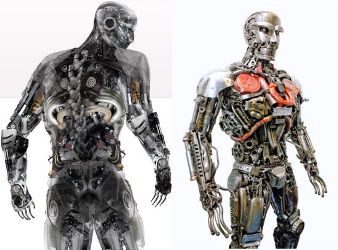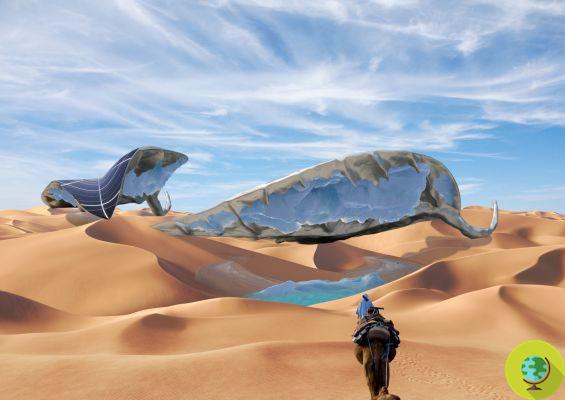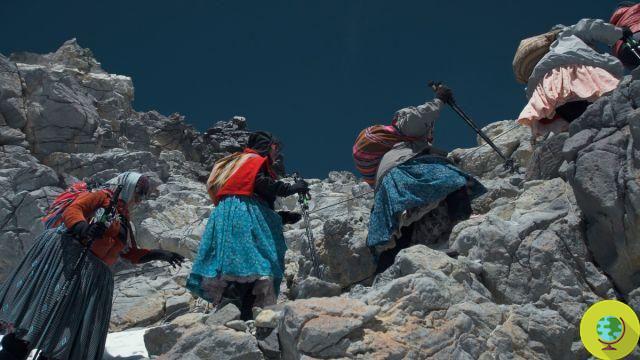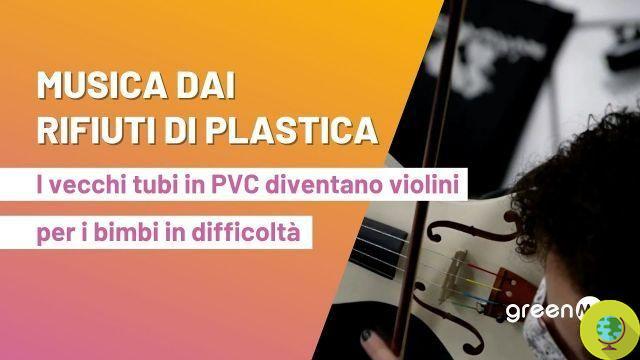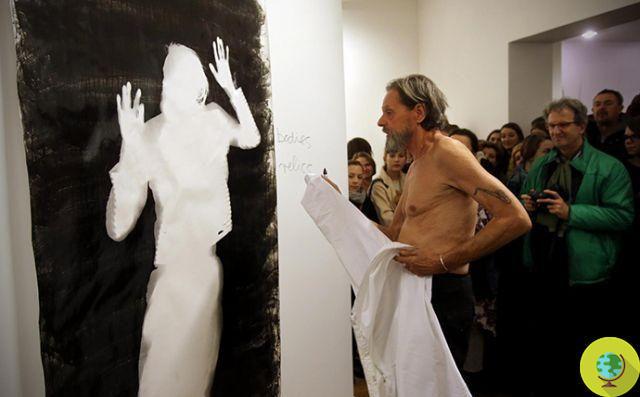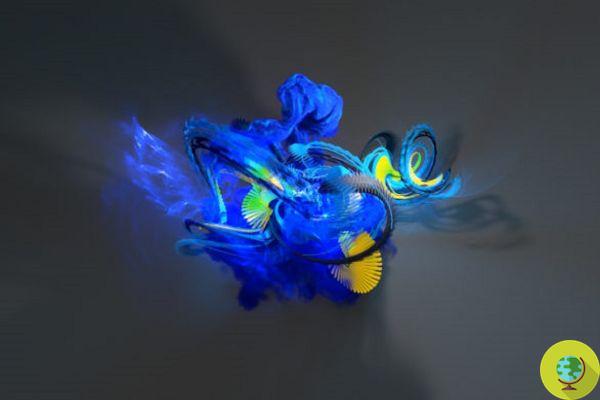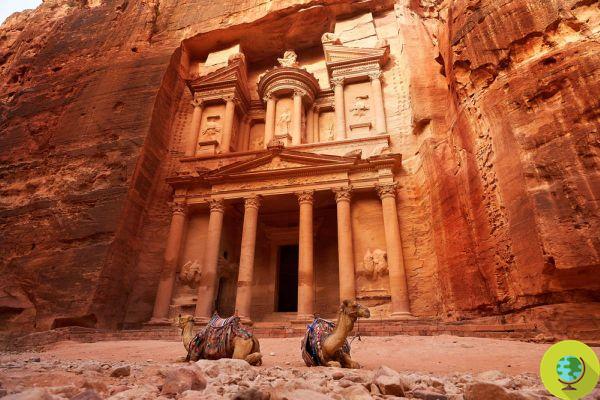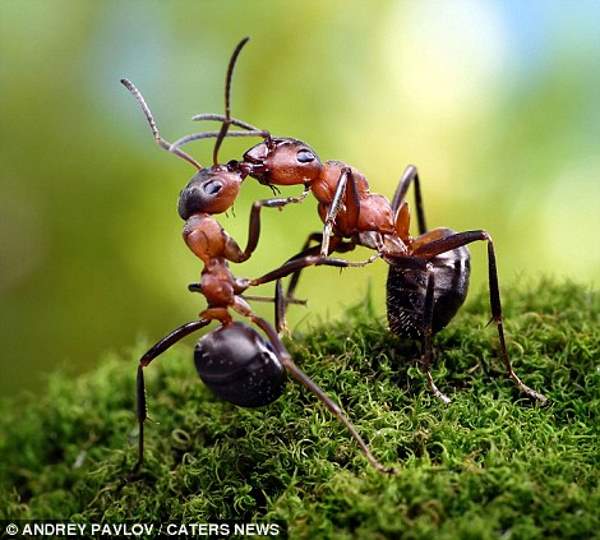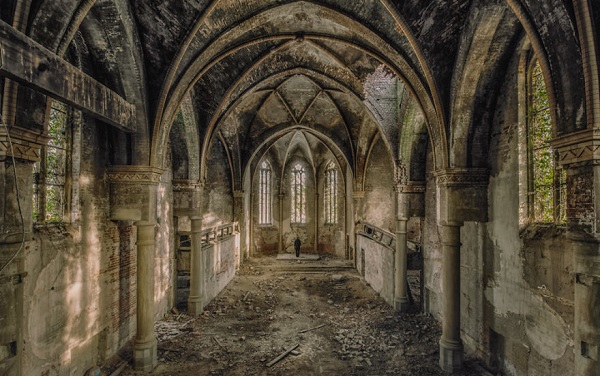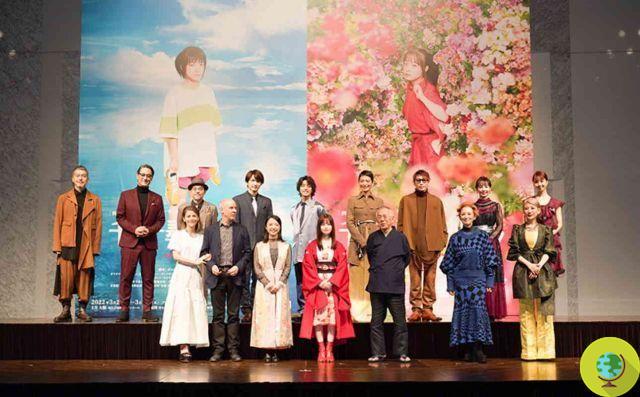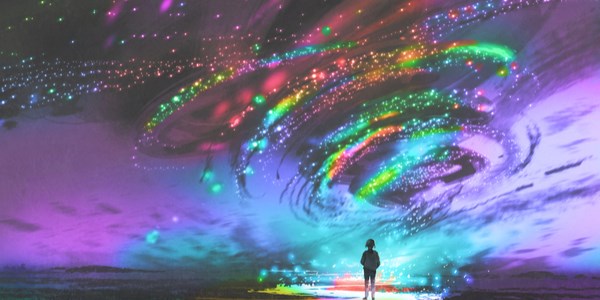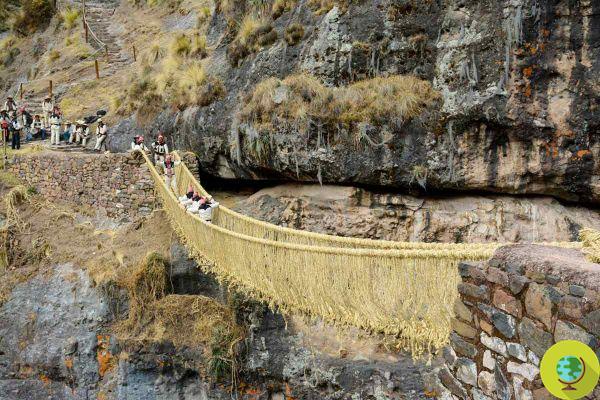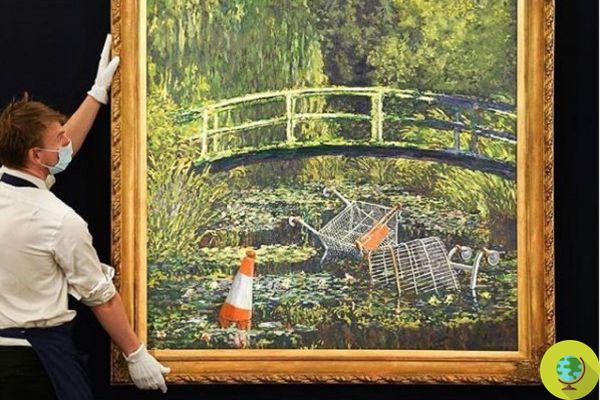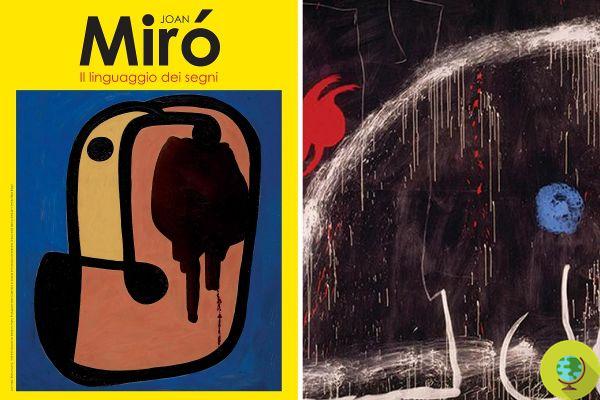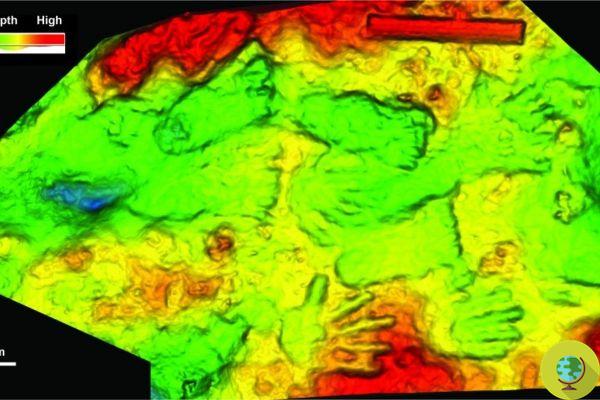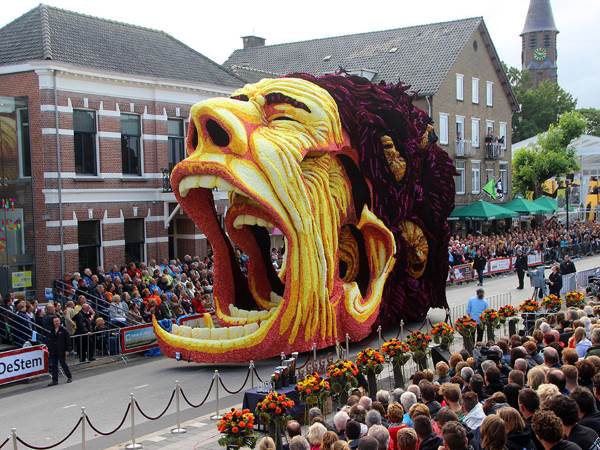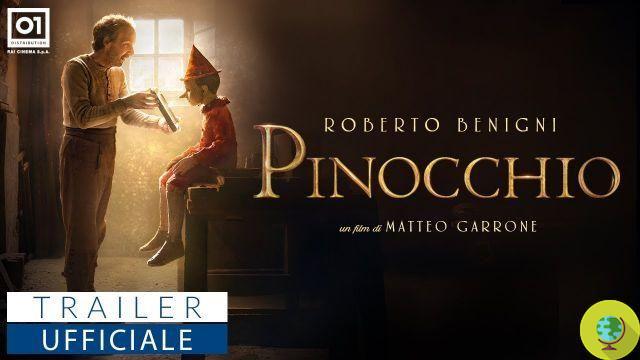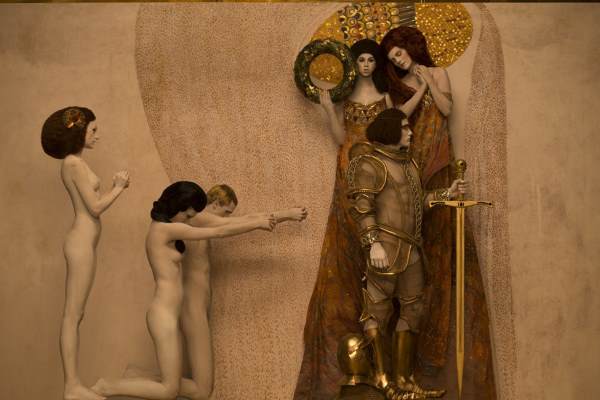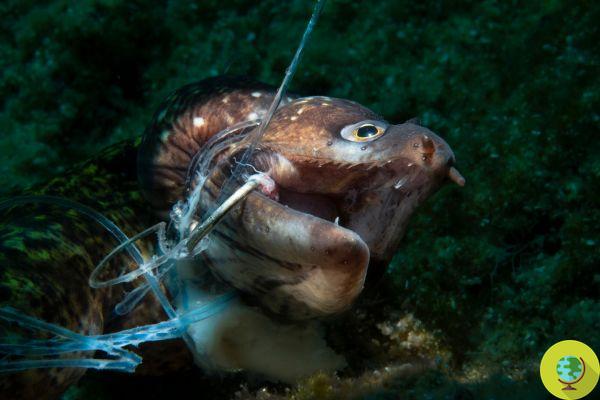The Cove is the story of a quiet Japanese town, Taiji. It seems the perfect tourist place for holidays: beautiful landscapes, Buddhist temples, atmosphere of meditation and encounter with oriental culture. There is also a beautiful aquarium that has the dolphin as its mascot, represented in the statues and murals between the buildings or in the small squares. It looks like a paradise. It seems.
He is about to end up run over, his mother saves him
This year to the Oscar, which will take place on March 7 at the Kodak Theater in Hollywood, our eyes will be on the category Best Documentary Feature which sees among the candidates two very important films for the green world: Food Inc. - which we saw in the first part of our overview of eco documentaries aiming at the statuette - and The Cove.
The Cove is the story of a quiet Japanese town, Taiji. It seems like the perfect tourist place for vacation: beautiful landscapes, Buddhist temples, atmosphere of meditation and meeting with the oriental culture. There is also a beautiful aquarium that has the mascot dolphin, represented in the statues and murals between the buildings or in the small squares. It looks like a paradise. It seems.
Yes, it seems, since this is the place where every year thehorrible massacre of about 23.000 dolphins destined for the clandestine trade. Local fishermen make sure to take the dolphins to the lair, where they are hidden from prying eyes and protected by the barriers and barbed wire that surround the area. This is why every time a Westerner with a camera or a video camera approaches, he is immediately pushed away or threatened. In the waters near the shore, tamers from the most famous water parks in the world search among the trapped dolphins for those to come bought for $ 150.000. All other unselected dolphins will come slaughtered for the dolphin meat market, again a secret that many Japanese are unaware of. More than a documentary this looks like a real one horror.
Let's take a step back. Do you remember Flipper, one of the most famous TV series with a dolphin as the protagonist? It was precisely with that television series that the attention towards this cute mammal began, which then created a worldwidebillionaire industry linked to the dolphin trade. Ric O’Barry, one of the protagonists of this documentary, owes his fame and career to dolphins. He was the one who captured and tamed the ones used in the show Flipper. After the death of Kathy, one of the mammals that became famous, he realized how much those dolphins had suffered in captivity. O'Barry has since gone out of his way to free dolphins from any form of training or captivity and above all he tried to denounce situations similar to that of Taiji.
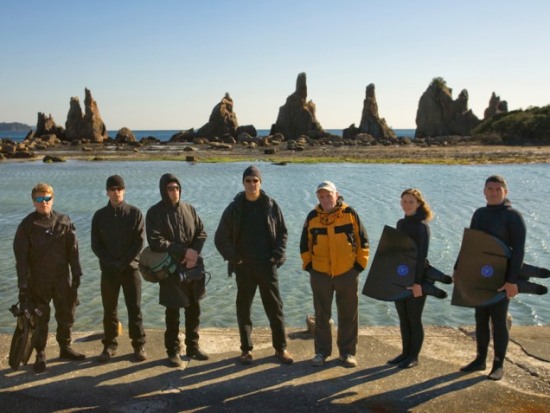
The director Louie Psihoyos, also the protagonist of the documentary, is the excellent companion for O'Barry to try to publicly denounce the massacre of dolphins in the Japanese town. Here then is prepared the dream team of environmentalists, technical experts and divers who in a well-prepared mission done at night, risking their own lives, lead them to place thermographic, underwater and other cameras hidden inside fake plants and rocks at strategic points.
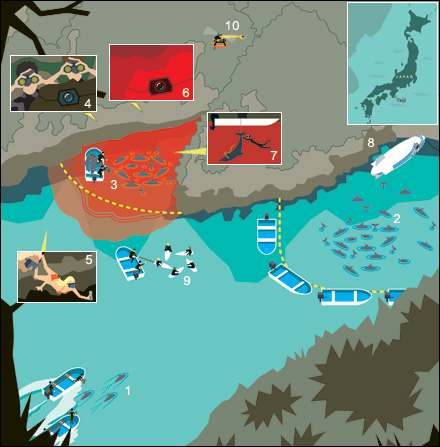
The tension is at maximum, but the operation is completed perfectly. The material collected, however, is very disconcerting and, anticipation for the most sensitive that it will certainly not be easy to see the waters of the ocean turn red. They are images that speak for themselves.
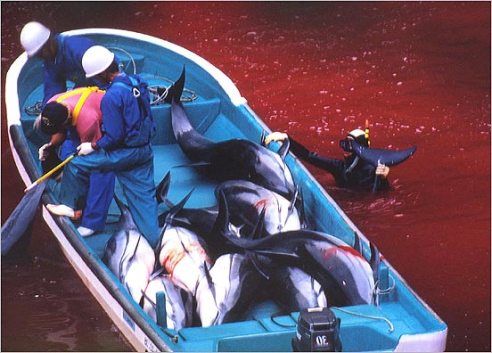
The director in addition to exposing the situation of Taiji, which is not the only one in the world, also talks about the ineffectiveness and corruption of the International Whaling Commission which, instead of protecting all cetaceans, allows the slaughterhouse of dolphins. There is also talk of negative effects that the trade in dolphin meat has on the health of those who eat it. Due to thepollution of the oceans, due to the discharge of harmful substances, many cetaceans have large quantities of mercury, especially the dolphins. Until recently, the meat of this mammal was served in the canteen of Taiji schools, as well as portions, labeled with different fish names, could be found in supermarkets.
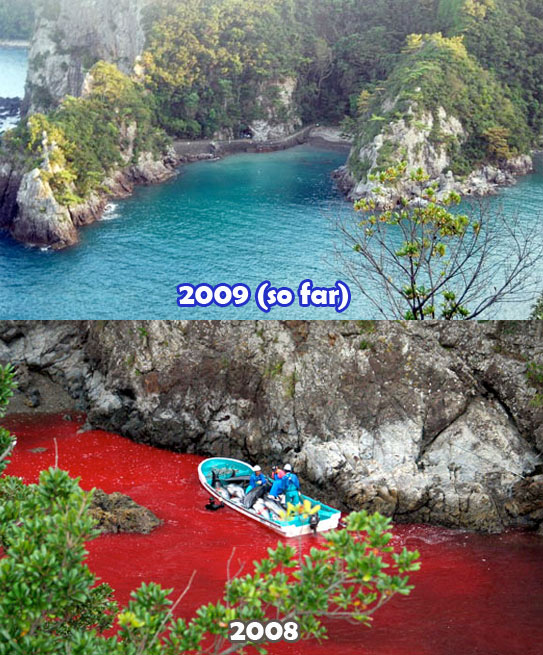
Once again it is the man who commits illegal and anti-environmental practices due to the interests of the economy and those of the governments of nations. But this film has changed something. Japanese media attention has finally brought the matter to light. In Taiji it was temporarily halted the slaughter of dolphins and each inhabitant was subjected to tests to check the concentration of mercury in their blood.
Watch the movie trailer:
That's why the underwater footage of dolphins swimming and playing free in the blue ocean waters accompanied by a thrilling soundtrack really makes us think that O'Barry is absolutely right when he says that a place like Sea World or any other. water park, they are certainly not ideal places for these free-spirited mammals.
If you want to get involved and help the cause here's where to find more information: www.takepart.com/thecove




